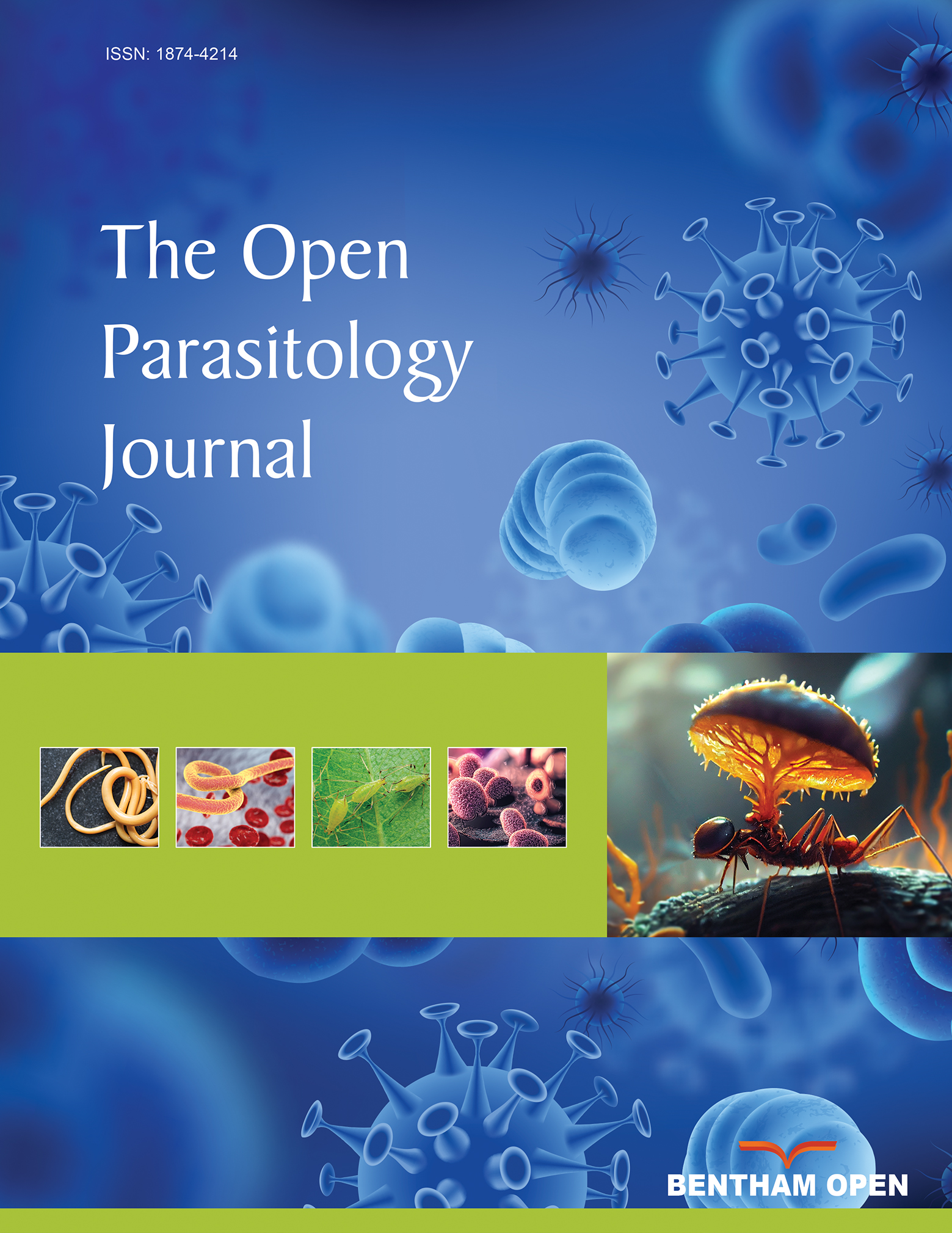All published articles of this journal are available on ScienceDirect.
C-Kit Ligand Promotes Mast Cell Infection by Toxoplasma gondii
Abstract
Biological functions of mast cells include a functional role in innate immunity against parasitic infections. Here, we demonstrated that mast cells could also play a role in the anti-microbial defenses regulation and might participate as a parasite reservoir. We observed that Toxoplasma gondii infected massively in vitro mouse bone marrow derived mast cells (BMMC), a mucosal mast cell (MMC) phenotype, followed by substantial cell lysis. This induced release of β- hexosaminidase, but not of preformed or neosynthesized TNF-α. Culturing MMC in the presence of recombinant mouse stem cell factor (c-kit ligand) led to their maturation into connective tissue-like mast cells (CTMC), which T. gondii was able to adhere on and to infect more. T. gondii infection did not induce release of β-hexosaminidase and serotonin from BMMC. These results demonstrated that mast cells interact with T. gondii and are massively infected, especially after their maturation by c-kit ligand.


